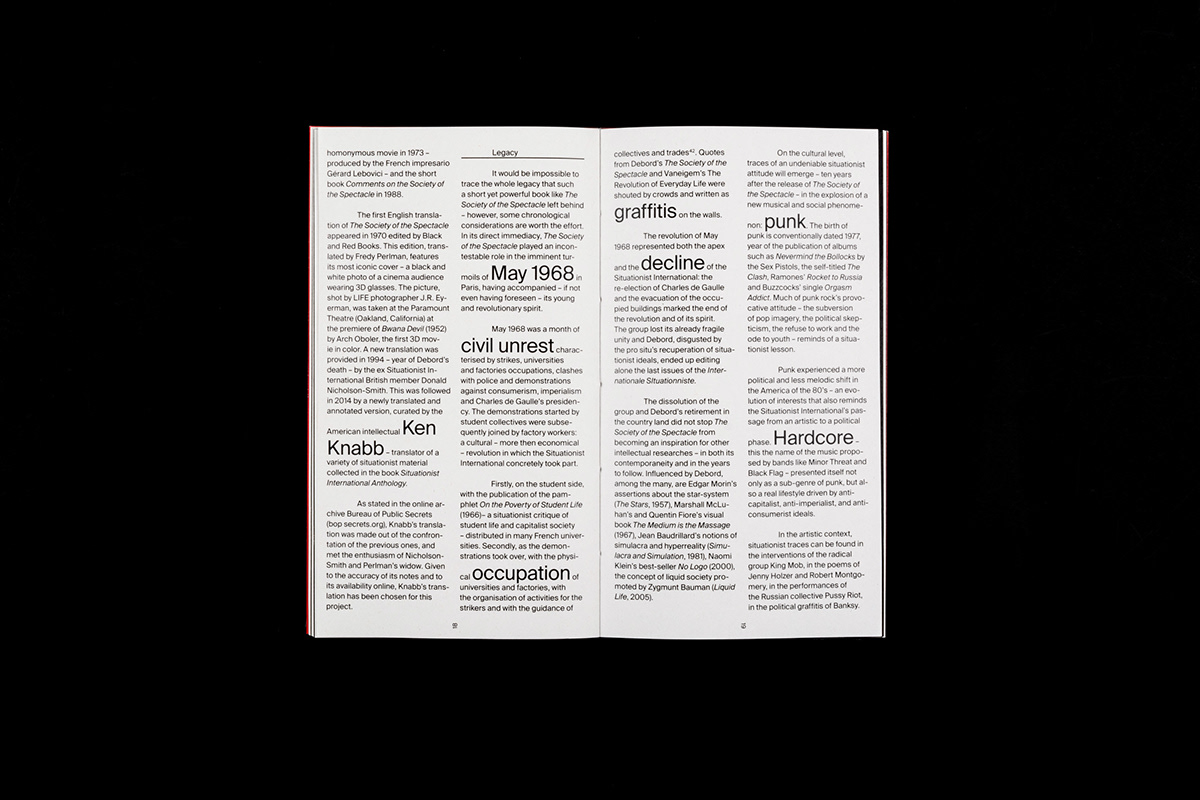


There are, therefore, many levels and categories of spectacle. Simpson trials, the Clinton sex and impeachment scandals, or the Terror War that is defining the current era. These range from commodity spectacles such as the McDonald's or Nike spectacle to megaspectacle political extravaganzas that characterize a certain period, involving such things as the O.J. My major interest in Media Spectacle (Kellner 2003), however, is in the ¡E megaspectacle form whereby certain spectacles become defining events of their ™ era.

Spectacle forms evolve over time and multiply with new o technological developments. _ Every medium, from music to television, from news to advertising, has its oc multitudinous forms of spectacle, involving such things in the realm of music as j= the classical music spectacle, the opera spectacle, the rock spectacle, and the hip o hop spectacle. Using the term 'media spectacle', I am largely focusing on various forms of technologically constructed media productions that are produced and disseminated through the so-called mass media, ranging from radio and television to the Internet and latest wireless gadgets. It describes a media and consumer society, organized around the production and consumption of images, commodities, and staged events.įor Debord, spectacle constituted the overarching concept to describe the media and consumer society, including the packaging, promotion, and display of commodities and the production and effects of all media. Debord's conception, first developed in the 1960s, continues to circulate through the Internet and other academic and subcultural sites today. The extraordinary new conditions in which this entire generation has lived constitute a comprehensive summary of all that, henceforth, the spectacle will forbid and also all that it will permit.The concept of the 'society of the spectacle' developed by French theorist Guy Debord and his comrades in the Situationist International has had major impact on a variety of contemporary theories of society and culture.1 For Debord, spectacle 'unifies and explains a great diversity of apparent phenomena' (Debord 1967: #10). Quite simply, the spectacle's domination has succeeded in raising a whole generation moulded to its laws. "In all that has happened in the last twenty years, the most important change lies in the very continuity of the spectacle. Now finally available in a superb English translation approved by the author, Debord's text remains as crucial as ever for understanding the contemporary effects of power, which are increasingly inseparable from the new virtual worlds of our rapidly changing image / information culture. From its publication amid the social upheavals of the 1960s to the present, the volatile theses of this book have decisively transformed debates on the shape of modernity, capitalism, and everyday life in the late twentieth century. The extraordinary new conditions in which this entire generation has lived constitute a comprehensive summary of all that, henceforth, the spectacle will forbid and also all that it will permit."- Guy Debord (1988)įew works of political and cultural theory have been as enduringly provocative as Guy Debord's Society of the Spectacle. Few works of political and cultural theory have been as enduringly provocative as Guy Debord's Society of the Spectacle.


 0 kommentar(er)
0 kommentar(er)
